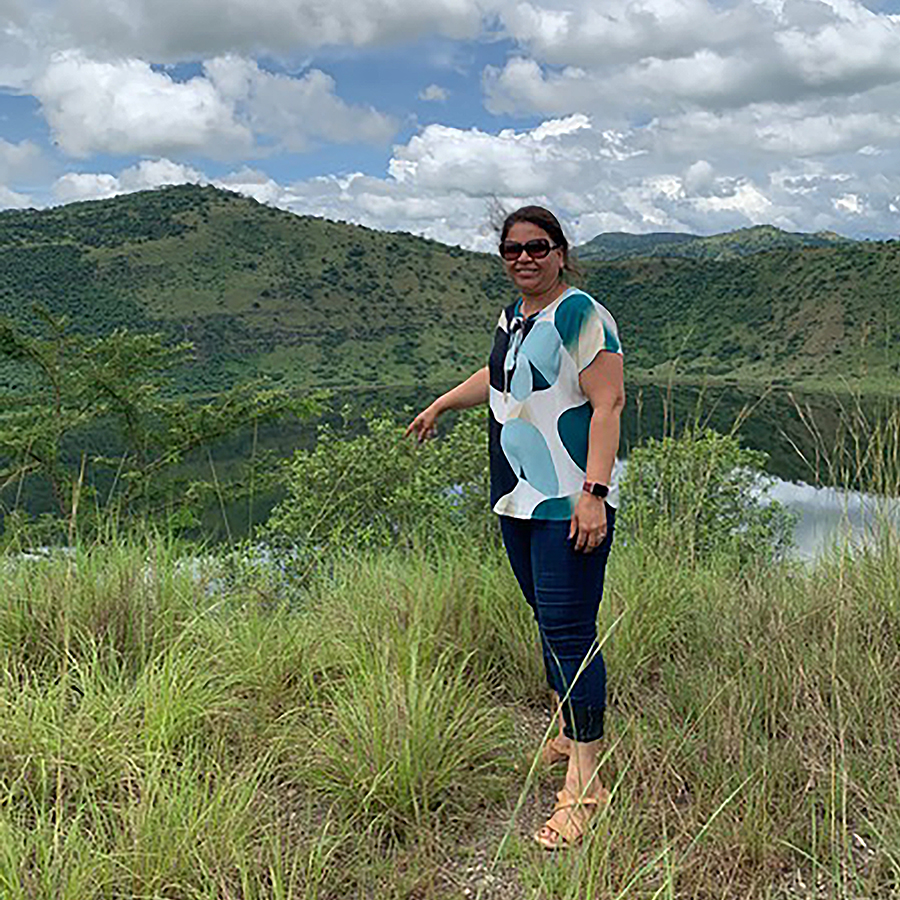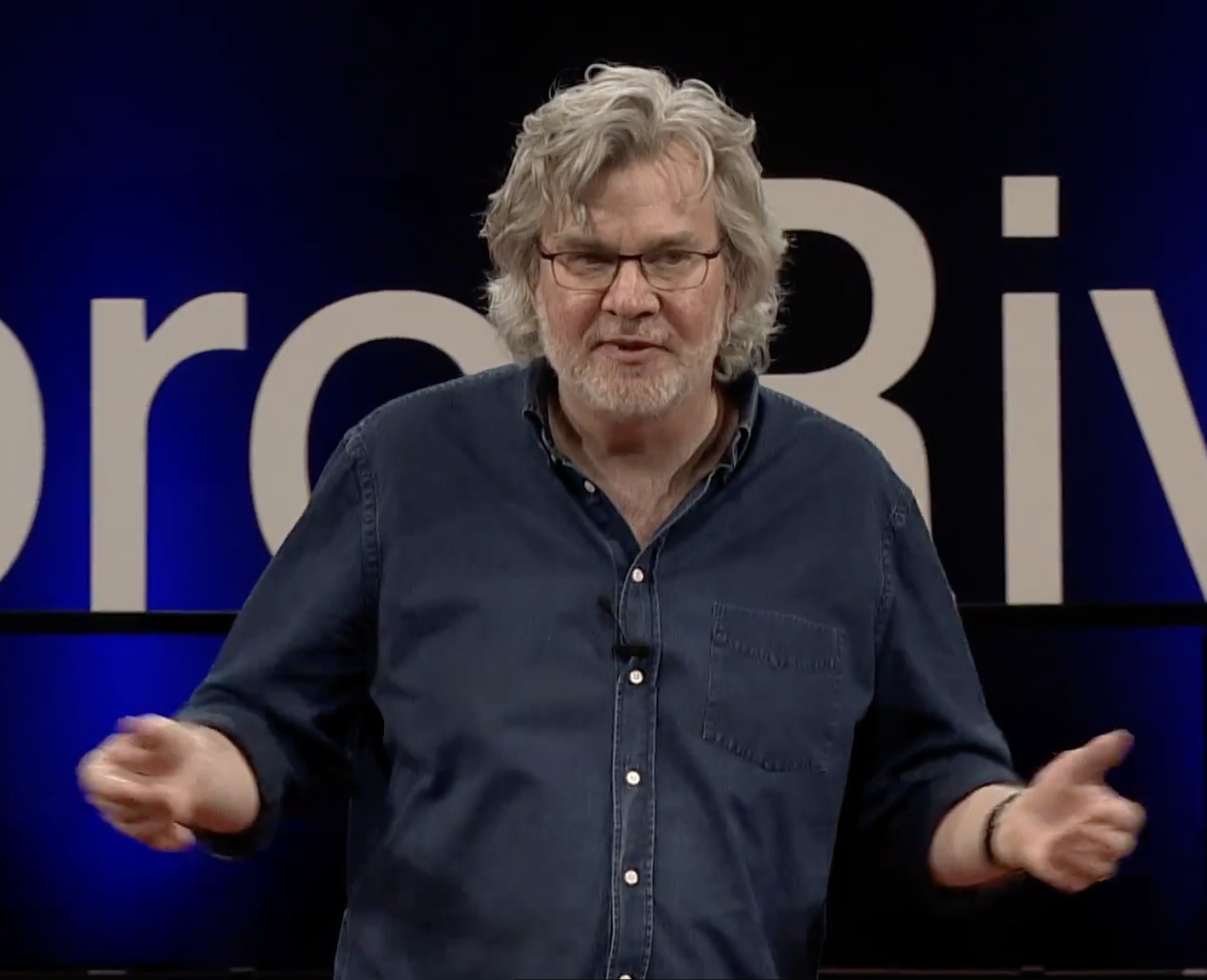A freelance technical writer and editor who teaches two courses for the Medical Writing and Editing certificate discusses her love of language and the importance of moving students forward in their careers.
Laura King has always had a passion for language. After beginning her career as a proofreader at the American Medical Association (AMA), she worked her way up to become the Director of Copyediting for JAMA, the peer-reviewed medical journal published by AMA. A full time freelancer since 1998, she’s currently under contract as a manuscript editor for the AMA and works as a freelance editor for several of Elsevier’s health journals as well as The Permanente Journal.
“Language has always been central to my life, both as an editor and writer,” says King, who has taught at the University of Chicago since 2002. “The editing process can be fascinating and challenging in rewarding ways. I like to look at it like a puzzle. It’s a matter of seeing the various pieces and making sure they’re all locked together in the right way. It’s a wonderful way to exercise the analytical part of my brain.”
Acquiring Skills for the Medical Communications Profession
For the online certificate program in Medical Writing, King teaches Medical Copyediting, a course designed to give students the necessary skills to move forward in the program. In addition to basic copyediting knowledge, such as the general mechanics of language, usage, grammar, and spelling, students gain an appreciation for the broader field of medical writing and communications and the various nomenclatures and preferred usages specific to the healthcare industry.
“If you’re a technical writer or copyeditor, these are the necessary skills for advancing in the medical communications profession,” she says. “It’s a broad area, and whether you’re working with regulatory writing or material produced by a nonprofit medical association, the field has many specializations, so I make sure students get a taste of some specialty areas, such as oncology, psychiatry, and pediatrics.”
Knowing How to Find Work as a Medical Writer
Having taught clinicians, physicians, nurses, and others with qualifications in the medical field looking to transition to medical editing, as well as editors looking to specialize in the medical area, King notes that the course serves as a jumping off point for a variety of backgrounds.
Paramount, of course, when making a transition in one’s career is understanding how to find work, which is an area she also gives students a head start in. Whether it’s informing them about job banks that keep resumes on file or staying on the lookout for positions that might be a good fit for a particular student, the goal is to move students along in their careers.
"To excel at medical editing, you need to know how to find work,” she says, “and the program gives students any number of advantages in that respect. For one, it’s great for networking. Communicating and sharing with other students on the discussion boards is an excellent way to expand your network and hone your sense of what opportunities are out there.”
Organizing information in the most compelling way possible
King’s second course, Preparing Tables, Graphs, and Figures, focuses on data visualization and addressing questions around the most effective ways to present information visually. Increasingly important as more and more data gets presented visually online, it’s an exciting area that unites technical understanding with an aesthetic sense for effective representation.
“One challenge is making sure the graph or table conveys information accurately while also being able to stand on its own,” she says. “A single visualization can be used across any number of contexts, whether in a PowerPoint presentation or as a poster at a conference. In certain ways, determining the best visualization encapsulates the medical copyediting process as a whole. It’s a matter of organizing information in the clearest, most compelling way possible.”





